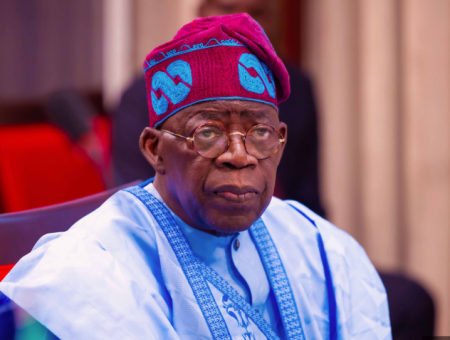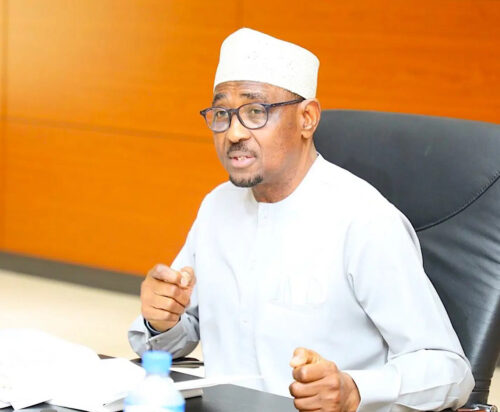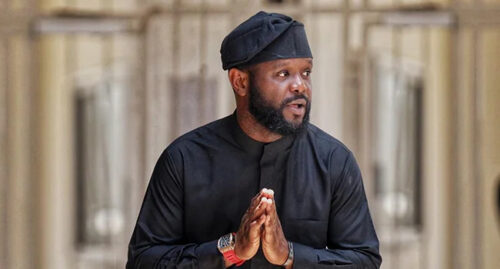Access Bank has once again been recognised as Nigeria’s most valuable brand, according to the latest data from Brand Finance. The 2024 report reveals a remarkable 73% increase in Access Bank’s brand value, solidifying its position as the most valuable banking brand in Nigeria. This marks the third consecutive year that Access Bank has held the top spot in Brand Finance’s annual ranking of the world’s Top 500 Banking Brands.
Brand Finance, the world’s leading brand valuation consultancy, reported that banking brands contributed a substantial 50% of the overall brand value among Nigeria’s top 25 brands. Within the Nigeria 25 2024 ranking, banking brands not only emerged as the most valuable but also the strongest and fastest growing.
Access Bank’s brand value soared to NGN355.3 billion, making it the 31st most valuable brand in Africa according to the Brand Finance Africa 200 2024. This impressive growth is primarily driven by significant increases in interest-based income, reflecting improved revenues and robust financial performance.
Roosevelt Ogbonna, Managing Director/Chief Executive Officer of Access Bank, stated: “We are proud to once again be recognised as Nigeria’s most valuable brand. This accolade is a testament to our commitment to excellence, innovation, and sustainable growth. We will continue to focus on delivering exceptional value to our customers and stakeholders, driving positive impact across the communities we serve.”
Toyin Henry-Ajayi, Group Head, Group Marketing & Retail Analytics at Access Bank, who spoke on the brand’s journey at the announcement event, added: “Access Bank’s consistent performance and brand value growth reflects our ability to stay true to our DNA of excellence through every strategic 5-year cycle. Our journey has been one of continuous improvement and adaptation, and we remain dedicated to setting new standards in the banking industry and contributing to the economic development of Africa.”
Access Bank also distinguished itself as the top brand in terms of Sustainability perceptions value, surpassing Flour Mills of Nigeria which ranked second. This underscores the Bank’s dedication to sustainable practices and its leadership in corporate responsibility.
www.accessbankplc.com
Babatunde Odumeru, Managing Director of Brand Finance Nigeria, commented on the resilience of Nigeria’s leading brands: “Despite a tumultuous financial year marked by the Naira plummeting over 30% against the US dollar and soaring inflation, Nigeria’s leading brands have displayed remarkable resilience. These top-tier brands have not only withstood economic pressures, but many have continued to flourish, with 23 of Nigeria’s top 25 most valuable brands achieving brand value growth. We are also increasingly seeing top brands continuing to expand beyond their domestic borders and grow their influence across the continent.”
The values of brands in the rankings are calculated using the Royalty Relief approach, a method compliant with ISO 10668 standards. This approach estimates future revenues attributable to a brand by calculating a royalty rate that would be charged for its use, arriving at a ‘brand value’ that reflects the net economic benefit achievable by licensing the brand in the open market.
Access Bank, a wholly owned subsidiary of Access Holdings Plc, is a leading full-service commercial bank operating through a network of more than 700 branches and service outlets spanning 3 continents, 21 countries and over 60 million customers. The Bank employs over 28,000 people in its operations in Africa and Europe, with representative offices in China, Lebanon, India, and the UAE.
Access Bank’s parent company, Access Holdings Plc, has been listed on the Nigerian Stock Exchange since 1998. The Bank is a diversified financial institution which combines a strong retail customer franchise and digital platform with deep corporate banking expertise, proven risk management and capital management capabilities. The Bank services its various markets through three key business segments: Corporate and Investment Banking, Commercial Banking, and Retail Banking. The Bank has enjoyed what is arguably Africa’s most successful banking growth trajectory in the last 18 years, becoming one of the continent’s largest retail banks.
As part of its continued growth strategy, Access Bank is focused on mainstreaming sustainable business practices into its operations. The Bank strives to deliver sustainable economic growth that is profitable, environmentally responsible, and socially relevant, helping customers to access more and achieve their dreams.
www.accessbankplc.com
Brand Finance is the world’s leading brand valuation consultancy. Bridging the gap between marketing and finance for more than 25 years, Brand Finance evaluates the strength of brands and quantifies their financial value to help organisations of all kinds make strategic decisions.
Headquartered in London, Brand Finance has offices in over 20 countries, offering services on all continents. Every year, Brand Finance conducts more than 5,000 brand valuations, supported by original market research, and publishes over 100 reports which rank brands across all sectors and countries.
Brand Finance also operates the Global Brand Equity Monitor, conducting original market research annually on over 5,000 brands, surveying more than 150,000 respondents across 38 countries and 31 industry sectors. Combining perceptual data from the Global Brand Equity Monitor with data from its valuation database enables Brand Finance to arm brand leaders with the data and analytics they need to enhance brand and business value.
Brand Finance is a regulated accountancy firm, leading the standardisation of the brand valuation industry. Brand Finance was the first to be certified by independent auditors as compliant with both ISO 10668 and ISO 20671 and has received the official endorsement of the Marketing Accountability Standards Board (MASB) in the United States.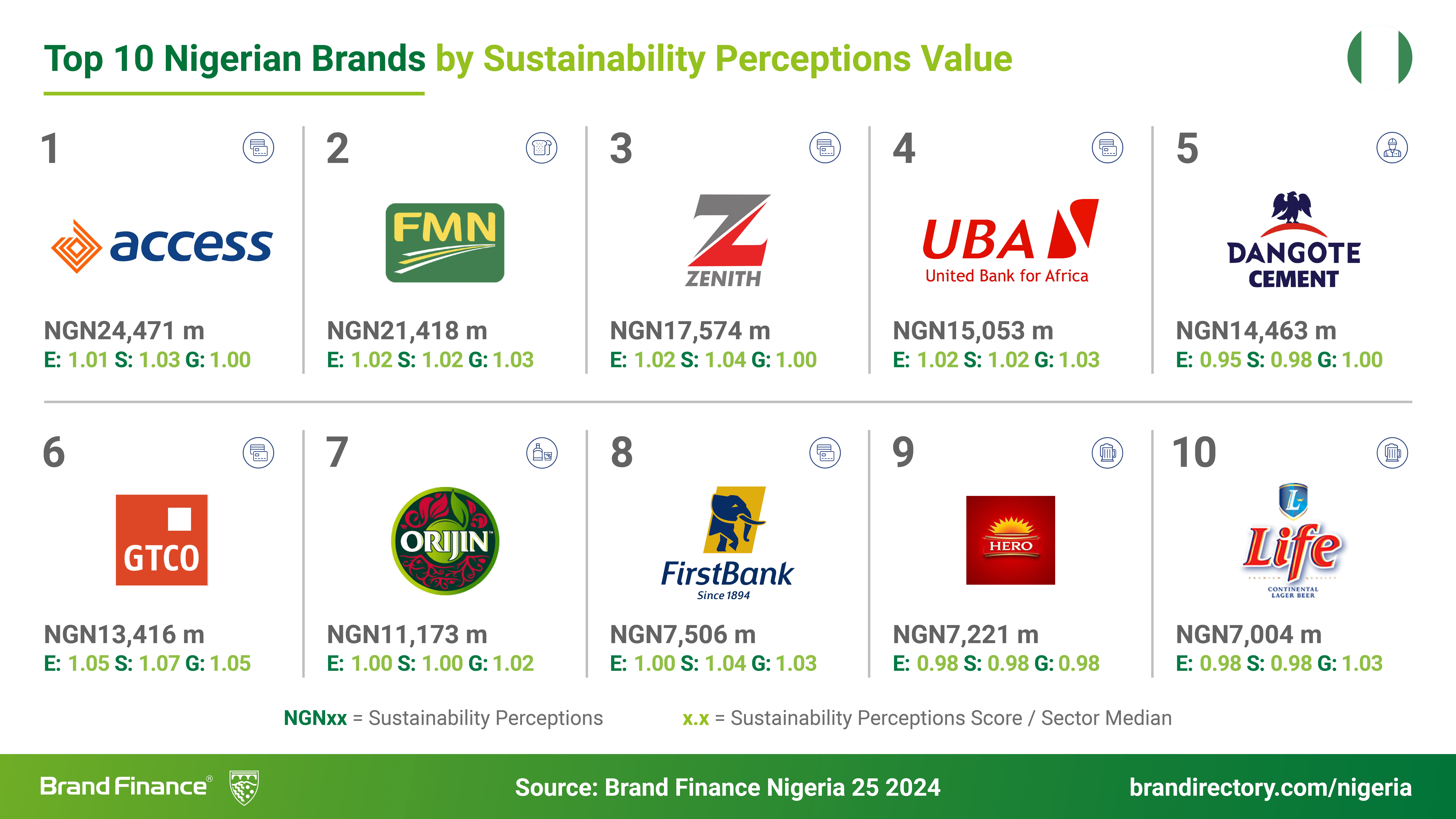
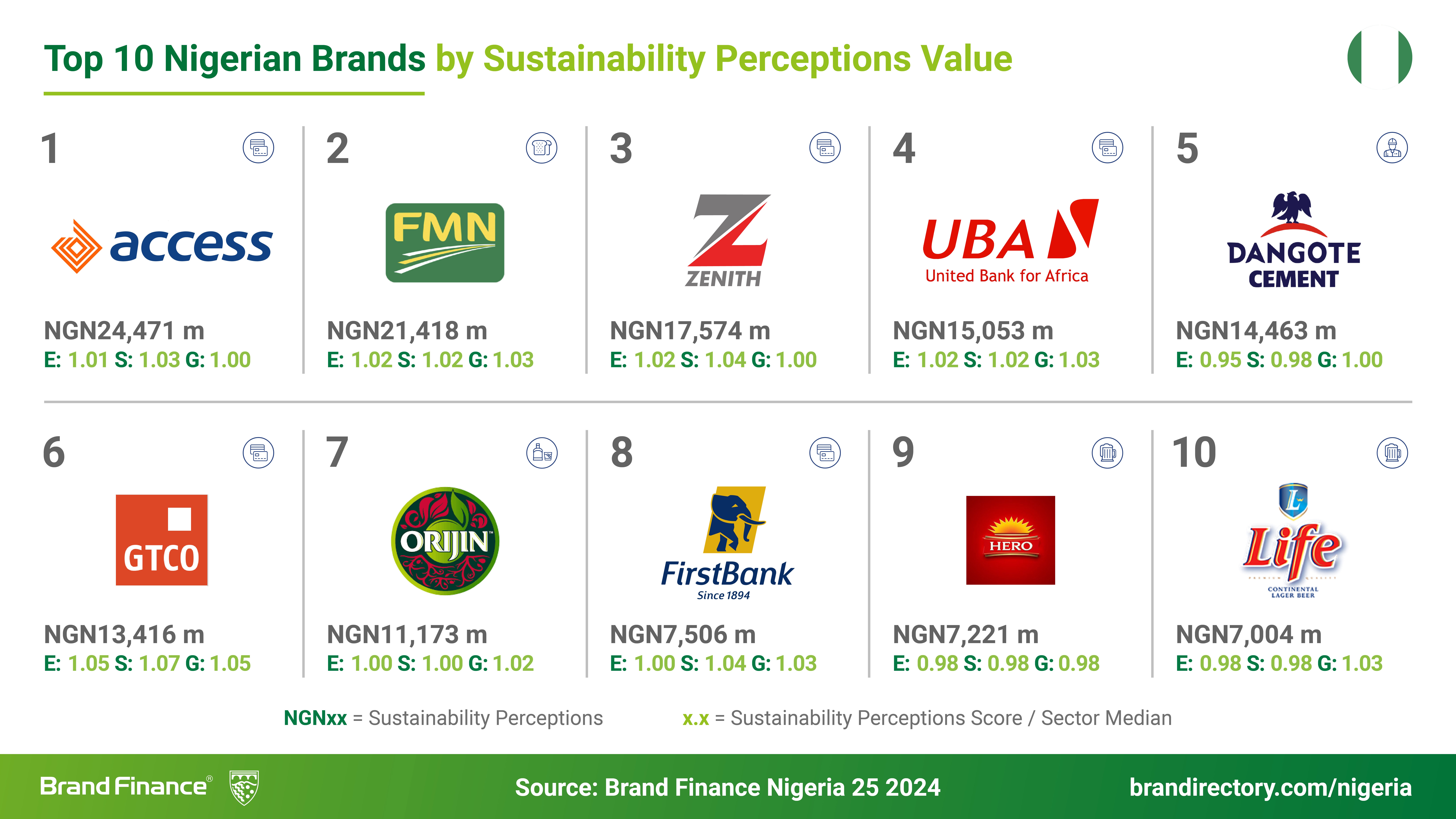

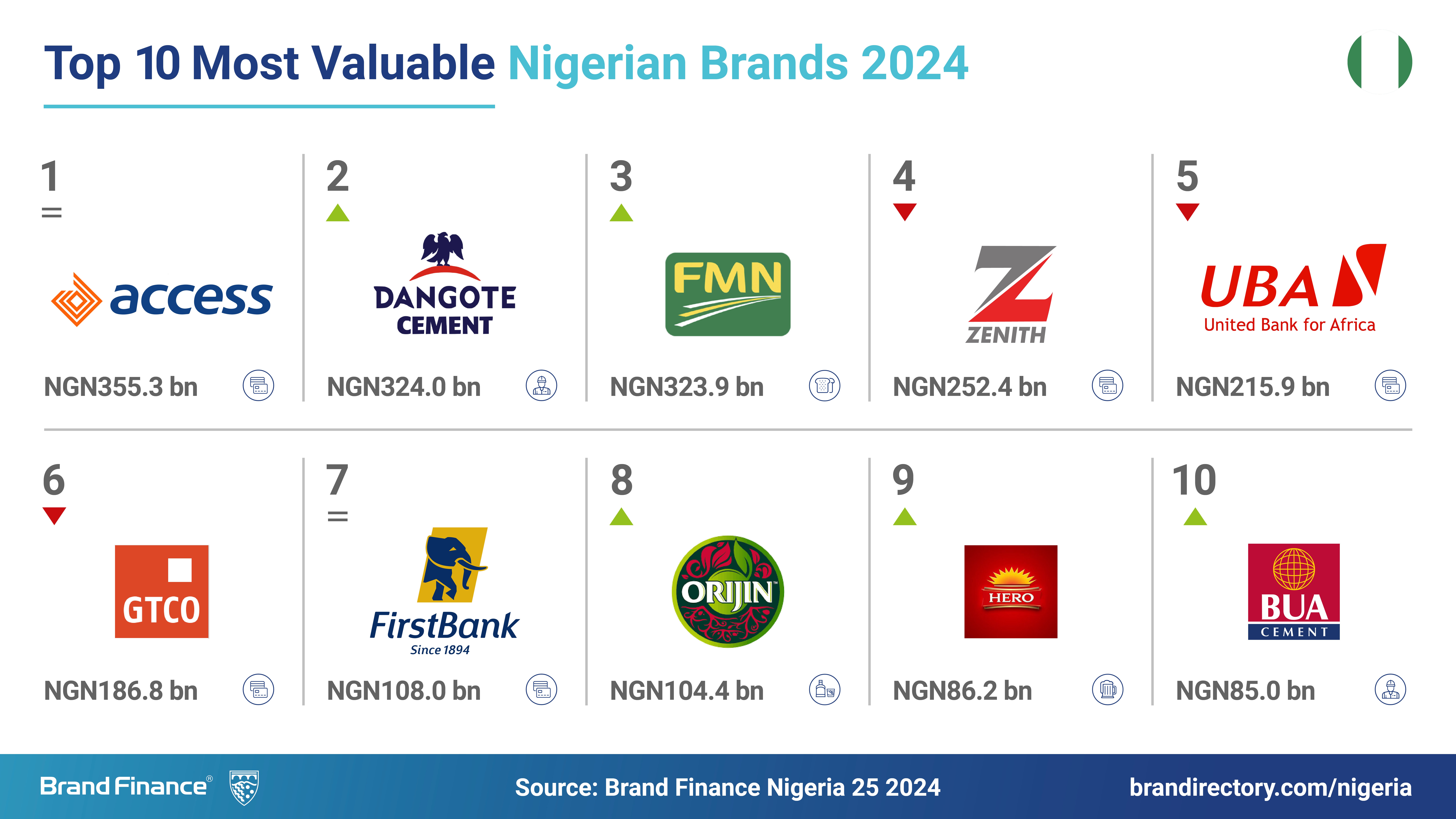
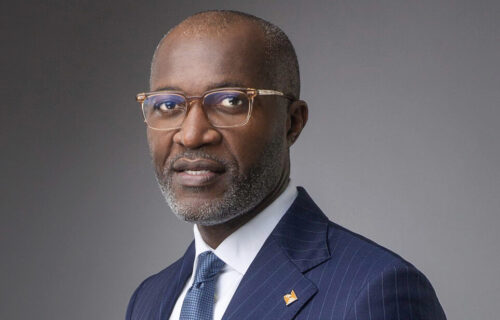
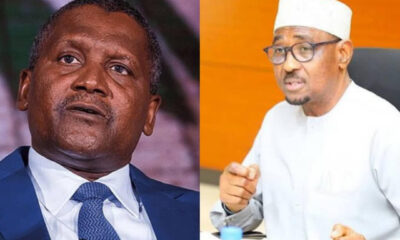
 BIG STORY3 days ago
BIG STORY3 days ago
 Uncategorized16 hours ago
Uncategorized16 hours ago
 BIG STORY2 days ago
BIG STORY2 days ago
 BIG STORY2 days ago
BIG STORY2 days ago
 BIG STORY2 days ago
BIG STORY2 days ago
 BIG STORY1 day ago
BIG STORY1 day ago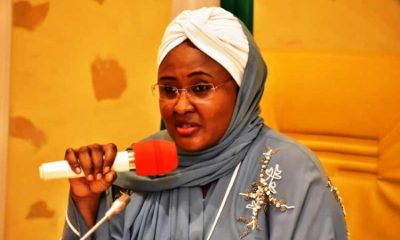
 BIG STORY2 days ago
BIG STORY2 days ago
 BIG STORY3 days ago
BIG STORY3 days ago


















